The coronavirus pandemic is continuously changing the world in unprecedented ways. And one industry flourished during this pandemic – urban farming. The lockdowns imposed to curb the spread of coronavirus is pushing more city dwellers to grow vegetables in the comforts of their own homes. For many Filipino people, fresh food is not a given.
Sen. Cynthia Villar, a staunch advocate of urban farming, started her Urban Farming Project in Las Piñas in 2011 as part of the city’s annual Food Festival Competition. It was initially envisioned as a showcase of the gardening and farming skills of the 20 barangays of Las Piñas. The yearly festival sees dozens of entries from various sectors and areas in Las Piñas. From Barangays, Home Owners Associations, and Schools, each group presents their very best in terms of farming and planting skills, landscaping, and design.
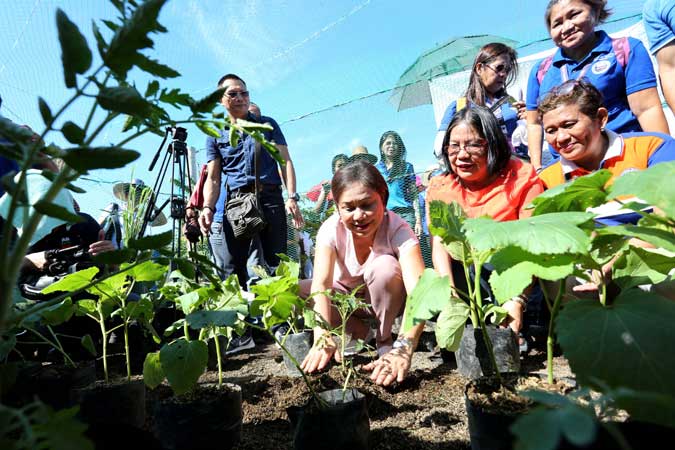
Seeing the potential of urban farming, and not allowing anything to limit her, in addition to growing backyard gardening projects, Sen. Villar, in 2015, partnering with the Department of Agriculture’s Bureau of Fisheries and Aquatic Resources, set up aquaponic garden systems in the City of Las Piñas. Aquaponics is a way of growing vegetables without solid and growing fish at the same time in one set-up. The two aquaponics systems flourishing in the City of Las Piñas can be found at the Christ The King Subdivision an area under the Community Mortgage Program (CMP) in Talon 4 and in Heritage Homes, BF Resort.
“It is really time for city dwellers to grow their own food even in an urban setting with limited space. Food self-sufficiency is very important especially during disasters or emergencies,” said Sen. Villar.
“We are very pleased with the warm reception of our constituents to the Urban Farming Project,” said Las Piñas Rep. Camille Villar. “This projects continuous to beautify the community, minimize air pollution, provide food security and create livelihood and jobs,” added Rep. Villar.
At the height of the pandemic, where many Filipinos were left with little to no access to food, Sen. Villar joined by Rep. Villar gave away vegetable seeds and organic fertilizers in Las Piñas to enable people to grow their own food during the lockdown. The organic fertilizer comes from the eighty (80) composting and vermicomposting facilities set up all over the City of Las Piñas, which provides seventy (70) tons of organic fertilizer every month.
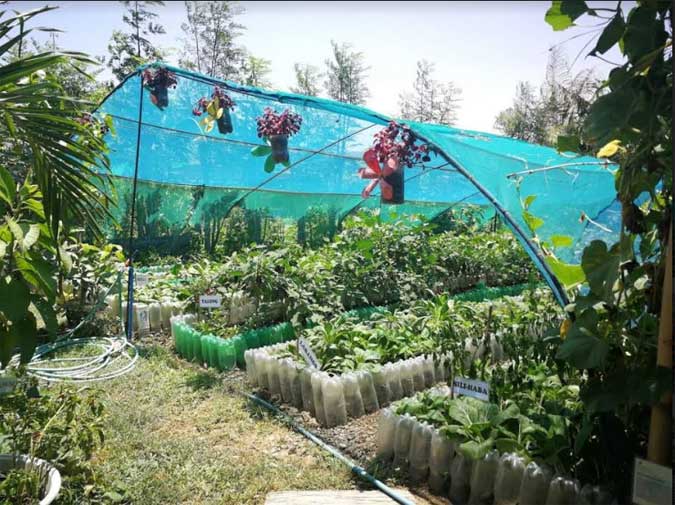
Ms. Marlyn Montinola, a resident of Talon 2 and wife of a former OFW shared, “vegetable gardening became my husband’s hobby after he went back to the Philippines due to pandemic. We placed our garden on the rooftop because we don’t have enough space in our house. We used the seeds and fertilizer given by Senator Villar, now we don’t buy vegetables in the market anymore and we are sure that we are eating healthy and safe food. I sell some in the office too.”
Ms. Montinola’s appreciation of urban farming is shared by Ms. Maria Myra La Roza from Bacoor City who expressed her gratitude to Sen. Villar, “I am really thankful for the seeds and fertilizer gave by Villar SIPAG, I was able to transform our idle lot into [a] vegetable garden. I am really happy because my daughter and I are eating fresh vegetables and I am able to share our harvest with our neighbors in the village. Now, I can proudly say I am a gurong magsasaka.”
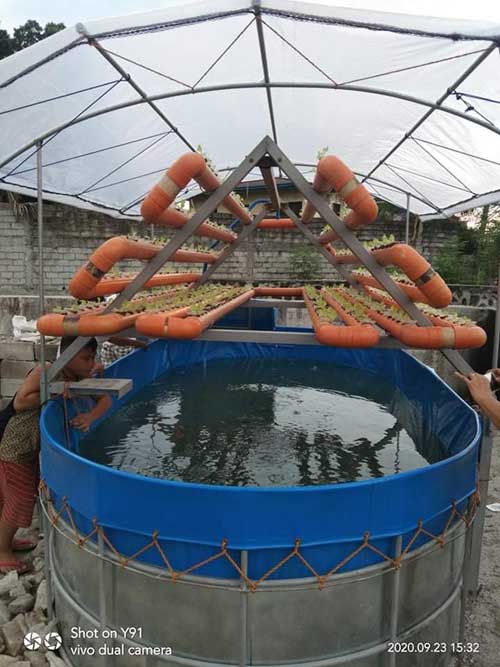
Seeing the positive impact of urban gardening in her home city, Sen. Villar expanded her program promoting urban farming to other provinces such as Bulacan, Nueva Ecija, Pampanga, Tarlac, and Bataan, seeing to the distribution of seeds and fertilizers to eighty-six (86) and counting towns in the Philippines. To date, 1,694 individuals have received seed packets for their own home vegetable gardens.
“We should support other LGUs who also desire to establish farms and vegetable gardens. Now, more than ever, we need to spread the interest on people growing their own food to other LGUs, so that we can help them and their constituents in their goal to achieve food sustainability amid the COVID-19 pandemic,” added Sen. Villar.
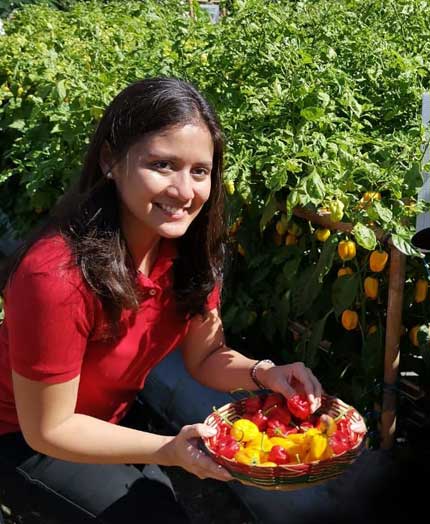
Urban agriculture is a viable intervention to guarantee that poor households and communities have access to healthier and affordable food. COVID-19 has given us cause to reevaluate how important local urban green spaces are to us, and what we want from our high streets, parks, and pavements.
Just last month, in observance of International Women’s Day, which was celebrated last March 8, Sen. Villar and Rep. Camille Villar, through the Villar SIPAG Foundation, aired a special webinar to help empower Filipino women, entitled, “Kabuhayan Para sa Kababaihan sa Mapanghamong Panahon.”
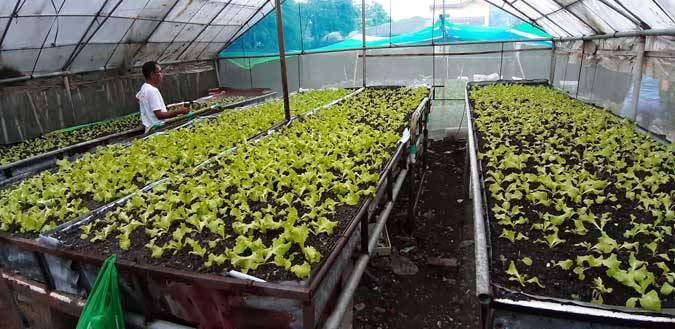
In partnership with East-West Seed Foundation Inc., the program was especially helpful for women interested in urban agriculture to equip them with the right knowledge and skills to practice this in order for them to make their households and communities healthier and more food sufficient. The East-West Seed Foundation Inc. also teaches urban farming in four (4) Villar SIPAG Farm Schools located in Las Piñas-Bacoor, San Jose Del Monte, Bulacan, San Miguel Iloilo, and in Davao City.
Sen. Villar, champion of women empowerment, believes that women have a lot to contribute to the country’s development if they would just be given opportunities and tools such as learning new skills; “when we empower women, we empower families and generations of people.” Sen. Villar also said that empowering women is one of the most effective ways to make a positive difference in society because “women have the power to lead, serve, nurture and transform.”
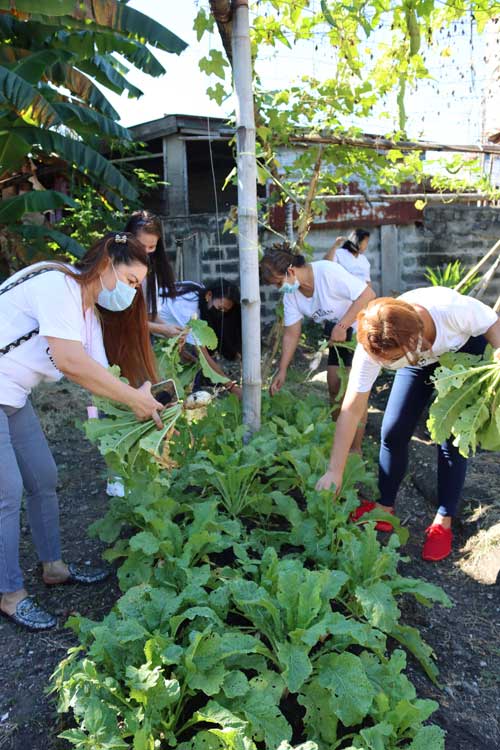
Through the Villar SIPAG Foundation, Senator Villar and Rep. Villar are able to provide jobs and livelihood opportunities to women so they can help augment the earnings of their husbands. In this way, Sen. Villar said women no longer need to leave their homes in order to earn money. “They can do their work at home while taking care of their children,” noted by the senator.
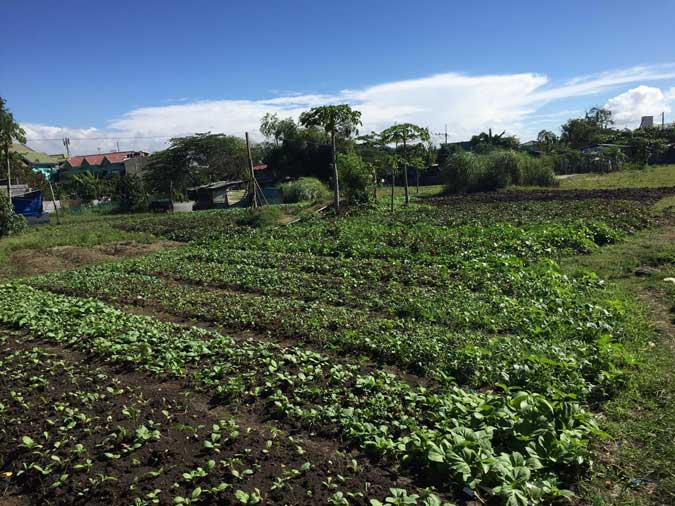
Sen. Villar and Rep. Villar continue to champion urban farming by authoring their respective legislation in the Senate of the Philippines and House of Representatives, respectively. Considering that this is the perfect time to institutionalize urban agriculture, Sen. Villar authored Senate Bill No. 141, which seeks to strengthen and promote urban agriculture and vertical farming to meet food sufficiency targets and address hunger. Backyard vegetable gardening will not only address food sufficiency but will likewise promote the health and wellness of families. Deputy Speaker Villar shares the same advocacy and has co-authored House Bill No. 8385, which promotes urban farming to help families to produce their own food to tide the expenses of their respective households. Under the proposed legislation, idle, abandoned lands, buildings and open spaces will be converted into urban gardens.
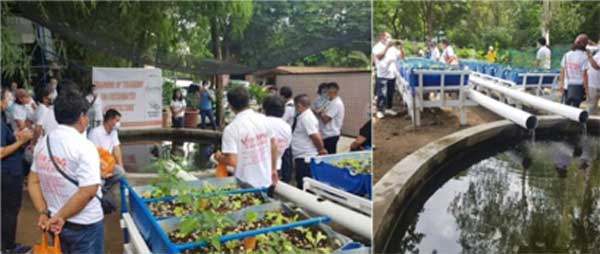
“We continue to empower our citizens through urban farming as we are actively promoting this as an alternative and additional source of livelihood especially for those affected by the pandemic. Not only do they have extra income but they also help ensure food security as they have an immediate solution to possible food shortage due to crisis,” Rep. Villar.
The senator will continue to work with national and local governments, as well as communities to further promote urban gardening in order for Filipino families will be able to meet their daily nutrition needed especially today as we continue to battle the COVID-19 health crisis.

